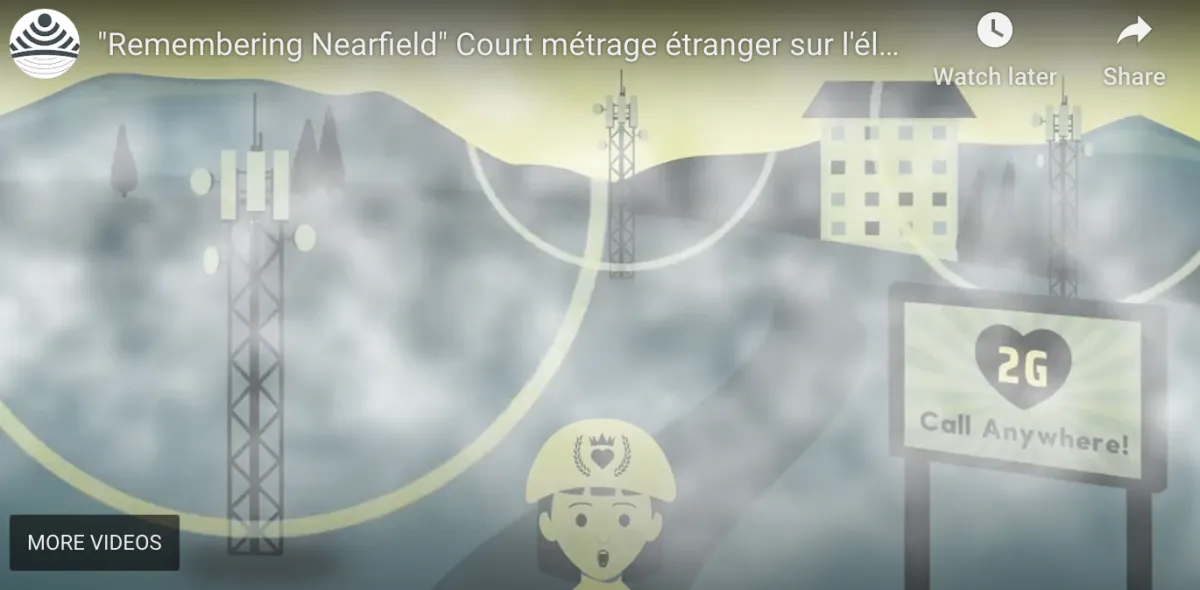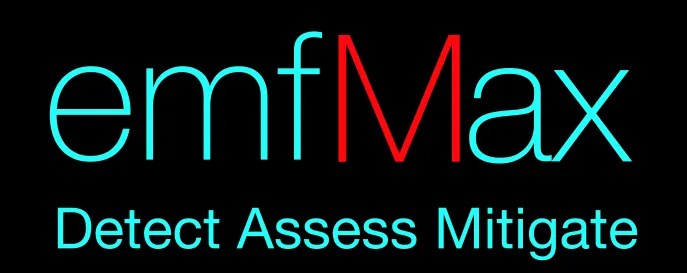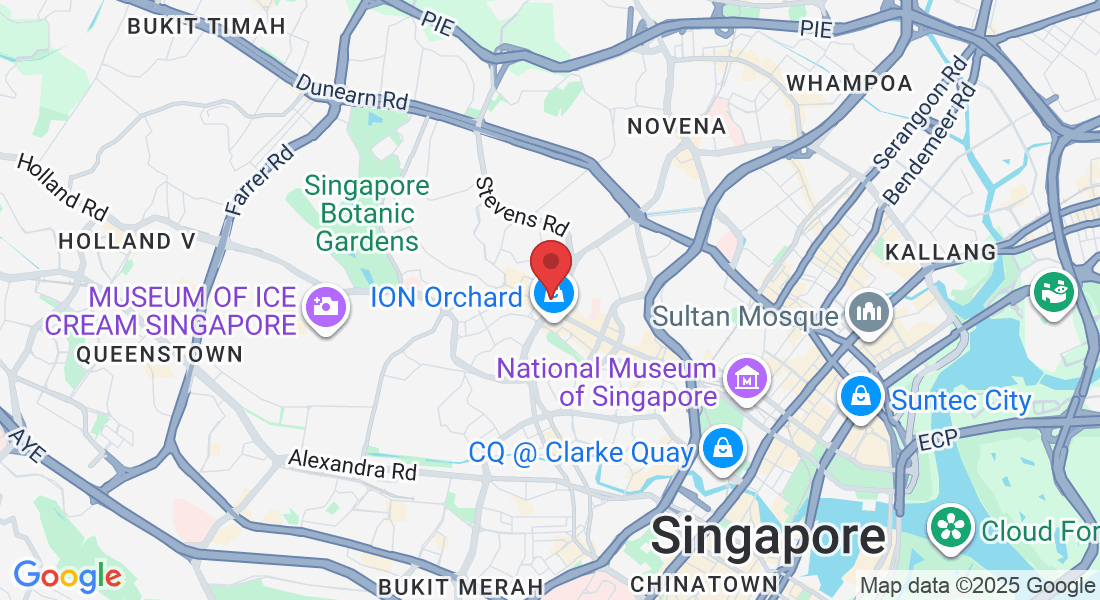BLOG & GUIDES

"Remembering Nearfield" a multi awards winning film on Electro hypersensitivity (EHS)
"Remembering Nearfield" a multi awards winning film on Electro hypersensitivity (EHS)
Hello everybody,
I am an electrosensitive person and I'd like to talk to you about EHS. EHS stands for Electro hypersensitivity, a condition that is often misunderstood. The word 'sensitivity' implies vulnerability, and while almost everybody is vulnerable to something, those with EHS experience a heightened vulnerability to electromagnetic fields—those that emanate from electricity and wireless communication.
Take my story for example. I had a normal life: I graduated from university, earned a master's degree, found a good job, built my own business, became a partner in a consultancy firm, got married, had a family, owned a nice house, and a good income. My future looked bright. But over time, it became clear something was interfering with my well-being. I would exercise regularly, but in 1998, my heart rate wouldn't normalize after running, and no matter what I tried, I could never run again.
Other odd symptoms began to appear. I would have blackouts at the office and struggle with my thinking—so I tried working from home in the attic, but the problems persisted. The only productive space was the ground floor of my house. Meanwhile, mobile phones were becoming popular, and I embraced this technology, which I thought represented freedom and more opportunities for business.
It never occurred to me that these wireless innovations could be triggering my health issues. As my condition worsened, in 2001, I was forced to stop working. I was drained, plagued with terrible headaches and body aches, and struggling with several infections simultaneously. I did everything I could to recover, but no physician could pinpoint the cause. Two years later, I was still ill and had lost my job.
Six years on, my health deteriorated further; I was dizzy, my face swollen, and I suffered from constant pain. My blood sugar levels dropped too low during walks, and I became intolerant to information, noise, and light. I moved my bed downstairs to the place that felt most comfortable in the house.
A couple of incidents led to my realization that electricity was the perpetrator. Once when I sat at the computer, my heart raced uncontrollably, and another time, turning on a light at night caused excruciating pain. I finally understood that I had been gravitating towards the part of my house with the lowest electromagnetic radiation and field levels. I had the electricity turned off and a Faraday cage built around my bed, which allowed me to sleep once more.
Upon learning I had EHS, I was in disbelief, especially about radiation being a factor. But as it turned out, living without wireless devices and shielding my house improved my condition considerably. I also became aware of antenna locations and synonymous with my diagnosis, I faced many restrictions. My existence was now confined to certain parts of my shielded home, the woods, and dunes—places devoid of antennas.
These constraints meant no travel by train or plane, no participation in many activities, and no attendance at gatherings like church or council meetings. I couldn't visit friends or family, and even feared the thought of hospitalization—any time spent outside my safe space resulted in sickness. This reality is shared by every person with EHS. No one wants this diagnosis, but once identified and preventive measures taken, symptoms often improve, reinforcing the belief in one's sensitivity.
That's why society must recognize the needs of electrosensitive individuals. By reducing EMF exposure, symptoms can decrease, underscoring the need for more EMF-free 'white zones' and low EMF workplaces. It is vital that we update our 21st-century guidelines to address the biological and thermal impacts of electromagnetic fields.
Need Instant Answers? Talk to MAXi our AI assistant below!
Get In Touch
Address
Office: 1 Scotts Road, #24-10, Shaw Centre, Singapore 228208
Assistance Hours
Mon – Fri 9:00am – 5:30pm
Phone Number:
+65 68767960
Thailand, go to https://www.blockemf.co
For other countries, book a live chat at https://emfmax.com/book


